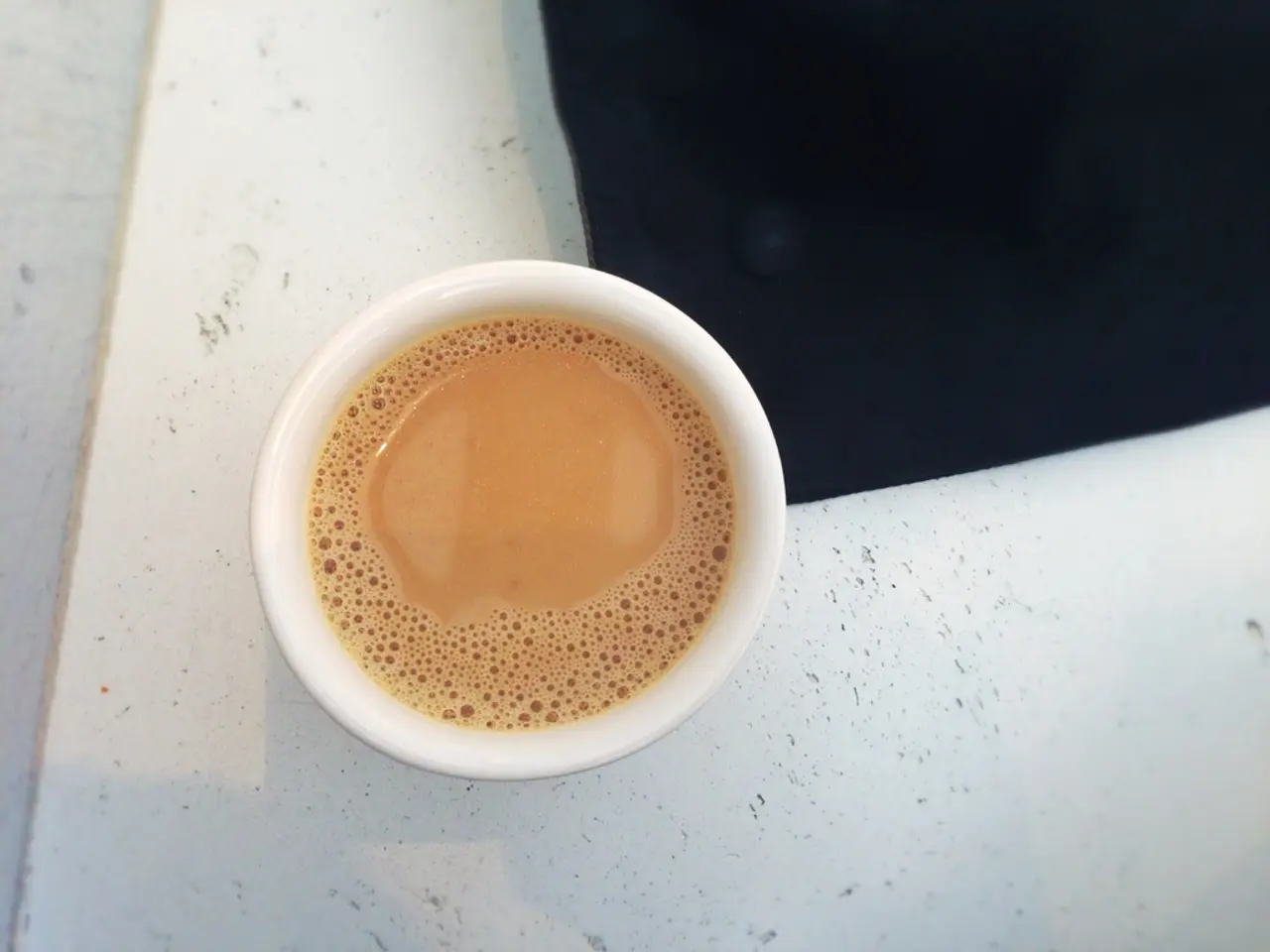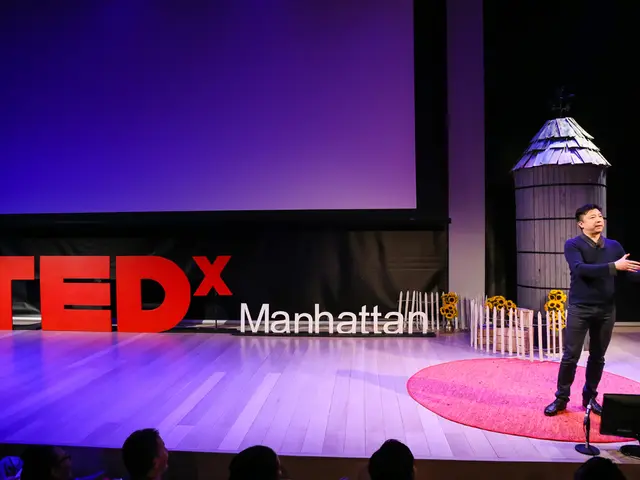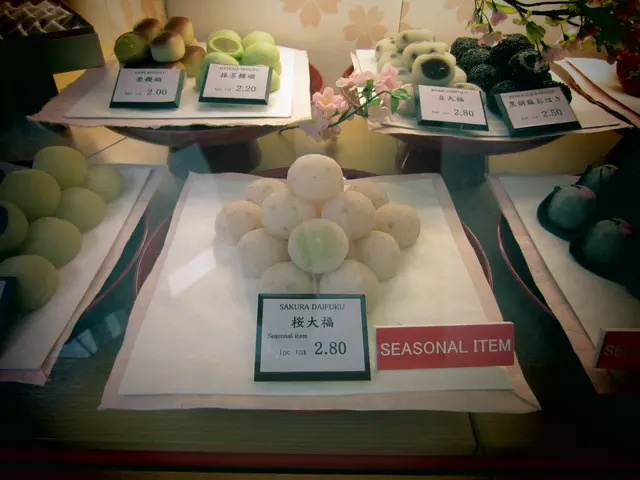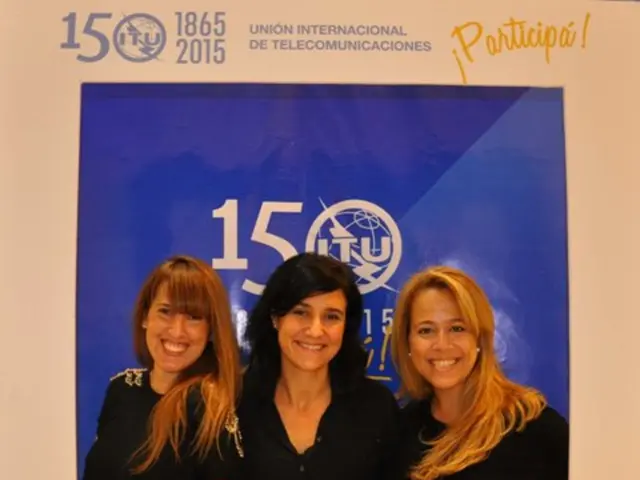Escalating contest: coffee industry thrives in Kosovo, traditionally a tea-drinking nation
=========================================================
In the heart of Kosovo, the capital city of Pristina is witnessing a shift in its cultural landscape, as a coffee craze sweeps through its streets. However, a stone's throw away in the town of Vushtrri, the ancient tradition of tea drinking remains deeply rooted.
Vushtrri, known as the "capital of tea" in the Balkans, still boasts an impressive one teahouse, or "cajtore," for every 1,000 locals. The traditional teahouse Fisi, run by Nebih Gerxhaliu, opens its doors as early as 4:00 am to cater to workers. The beverage served at Fisi, known as "Russian tea" or Ceylon tea, is prepared similarly to Turkish-style brews and is usually consumed with a sugar cube or a slice of lemon.
Photographer and poet Nesim Ispahiu, renowned for immortalising the cajtore culture, asserts that in Vushtrri, tea comes first and coffee second. This sentiment is echoed by Burhan Collaku, a retired restaurant worker, who drinks 10 to 15 daily glasses of tea. If offered 100 coffees, Burhan would not take a single one.
In contrast, Pristina is witnessing a generational shift, with younger locals consuming less tea and more coffee. This trend is evident in the boom of Western-style cafes since Kosovo's 1998-1999 war of independence. One such growing chain is Trosha, run by Arben Avdiu, which aims to weave the Eastern tea tradition with the Western coffee trend.
Fisnik Mexhuani, operator of the pastry shop Matisse in Pristina, serves a famous macchiato, an espresso topped with a small amount of foam. Some cafes in Pristina are beginning to offer traditional tea alongside coffee, hinting at a possible convergence of the two traditions.
Despite the coffee craze, Vushtrri remains steadfast in its tea tradition. Nesim Ispahiu believes that Vushtrri will always be the "capital of tea," a sentiment shared by many locals who continue to gather in the town's teahouses, sipping their Ceylon tea and engaging in lively conversations.
As Pristina and Vushtrri navigate this cultural shift, the future of Kosovo's tea and coffee culture remains an exciting prospect to behold.








